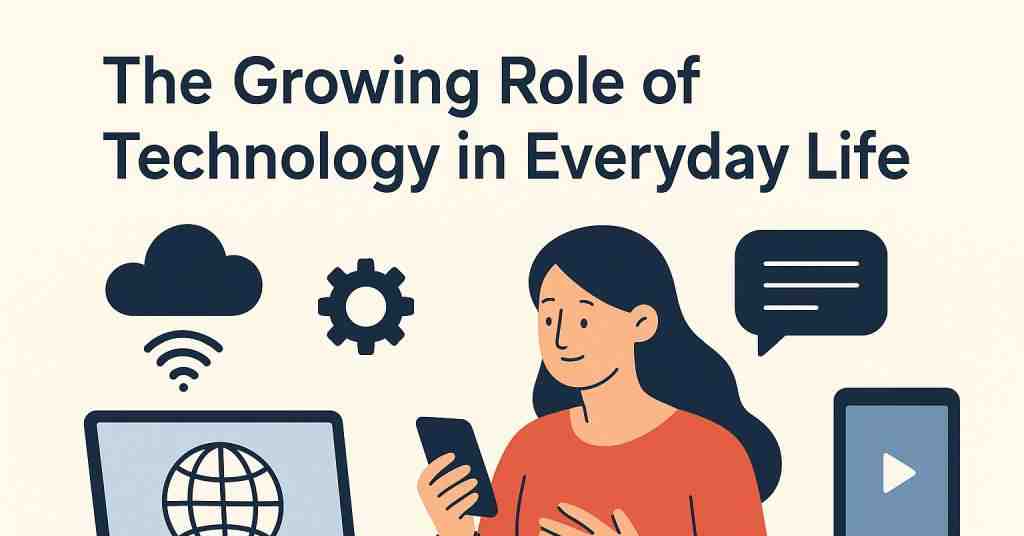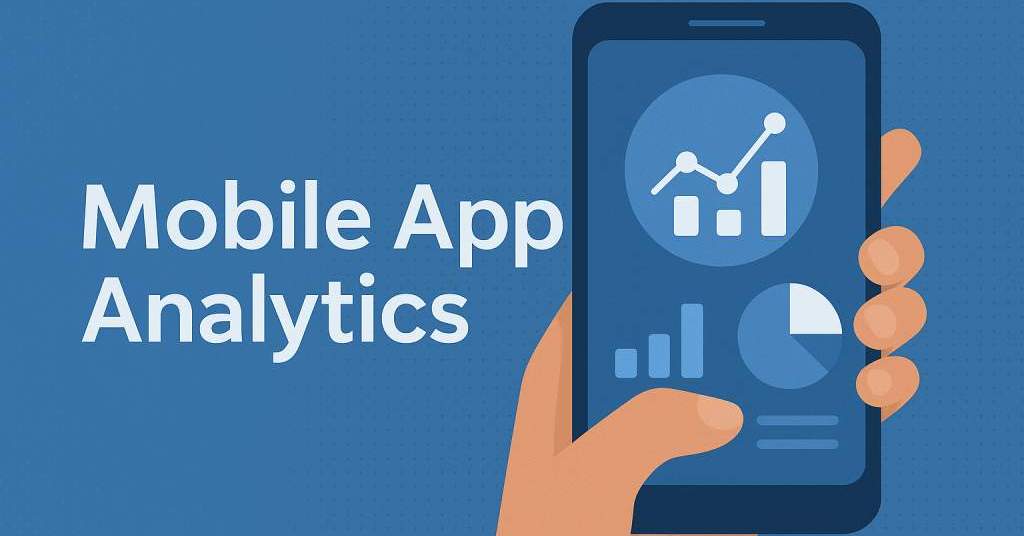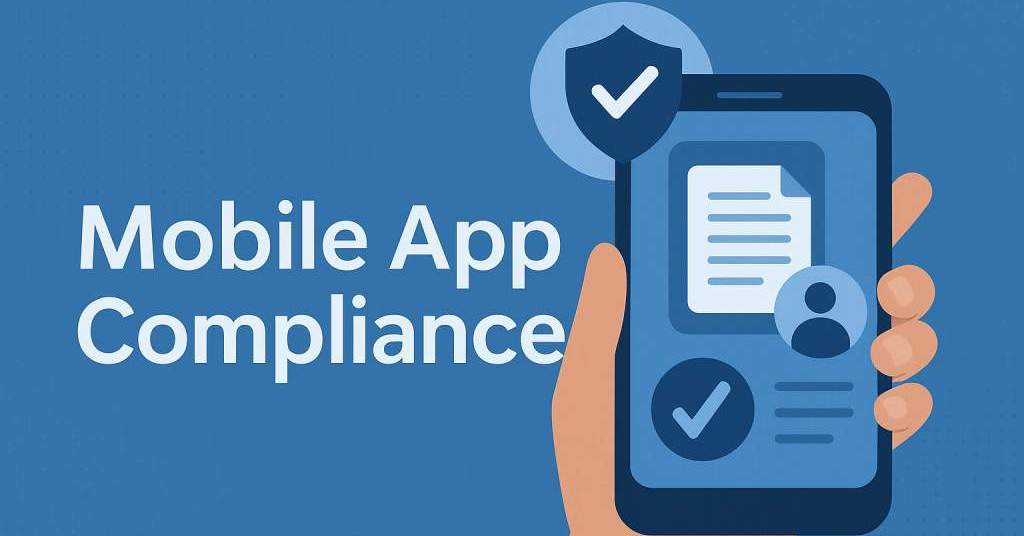
The Growing Role of Technology in Everyday Life
Technology continues to reshape the way we live, work, and connect with the world. From smartphones and smart homes to artificial intelligence and blockchain, innovations are steadily integrating into daily activities. Businesses, educators, healthcare providers, and consumers are leveraging tech-driven solutions to increase efficiency and accessibility. Among these innovations, tools like the QR code generator have become essential in bridging the physical and digital worlds.
The Shift Toward Digital Integration
The modern era is defined by rapid digitalization. Companies across industries are adopting technology to streamline operations and improve customer engagement. For instance, retail stores now use digital payment systems, logistics companies rely on tracking software, and restaurants integrate online menus accessible through QR codes. This shift not only simplifies processes but also enhances customer experiences.
Consumers, too, are adapting quickly. The widespread use of smartphones means that people expect seamless digital solutions. Whether it’s scanning a QR code to view a product catalog or using wearable devices to monitor health, the digital-first mindset is shaping the future.
How QR Codes are Driving Innovation
One of the simplest yet most impactful tools in today’s tech-driven world is the QR code. Originally developed in the 1990s, QR codes have gained renewed importance due to their convenience and versatility. A QR code generator enables businesses and individuals to create customized codes for different purposes—such as sharing website links, promoting apps, facilitating payments, or even enhancing event check-ins.
For businesses, QR codes reduce the reliance on printed materials while offering real-time interactivity. Restaurants, for example, use them for digital menus, while marketers add them to posters or packaging to provide instant product information. Healthcare providers also integrate QR codes to give patients quick access to medical instructions or reports.
Advantages of Using QR Code Technology
The popularity of QR codes is tied to the benefits they offer:
- Accessibility – Scanning a QR code is simple and requires only a smartphone camera.
- Cost-effectiveness – Businesses can eliminate printing costs by sharing digital materials.
- Contactless convenience – Especially during the pandemic, QR codes enabled safer interactions.
- Versatility – They can store various types of information, from text to multimedia.
- Analytics – Many QR code tools allow tracking, helping businesses measure engagement.
With the help of a reliable QR code generator, organizations can design branded codes, track usage, and connect better with audiences.
The Future of Tech and QR Codes
Looking ahead, QR codes will likely remain a key part of digital transformation. As augmented reality, Internet of Things (IoT), and artificial intelligence continue to grow, QR codes may integrate with these technologies for more advanced applications. Imagine scanning a code on a product and instantly viewing a 3D demo or connecting to a virtual assistant for support.
The combination of simplicity and power makes QR codes an enduring piece of technology. Businesses that embrace these innovations early will stay ahead in providing seamless digital experiences.




